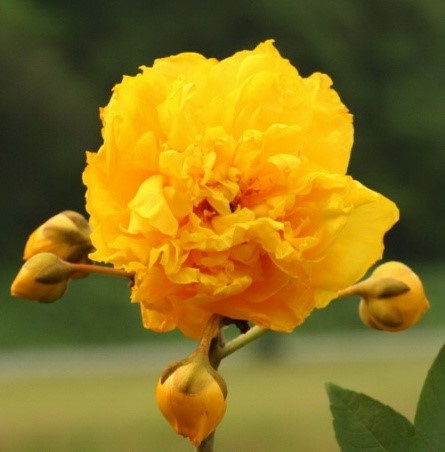
Getting here
Past climatic change as a driver of plant diversification in the karst ecosystems from southern China

Tel:0086-20-38314070 Email:yuyan@scbg.ac.cn
Address:No.723,Xingke Road,Tianhe District,Guangzhou,China Postcode:510650
Copyright©South China Botanical Garden All Right Reserved, Powered by scbg.ac.cn



